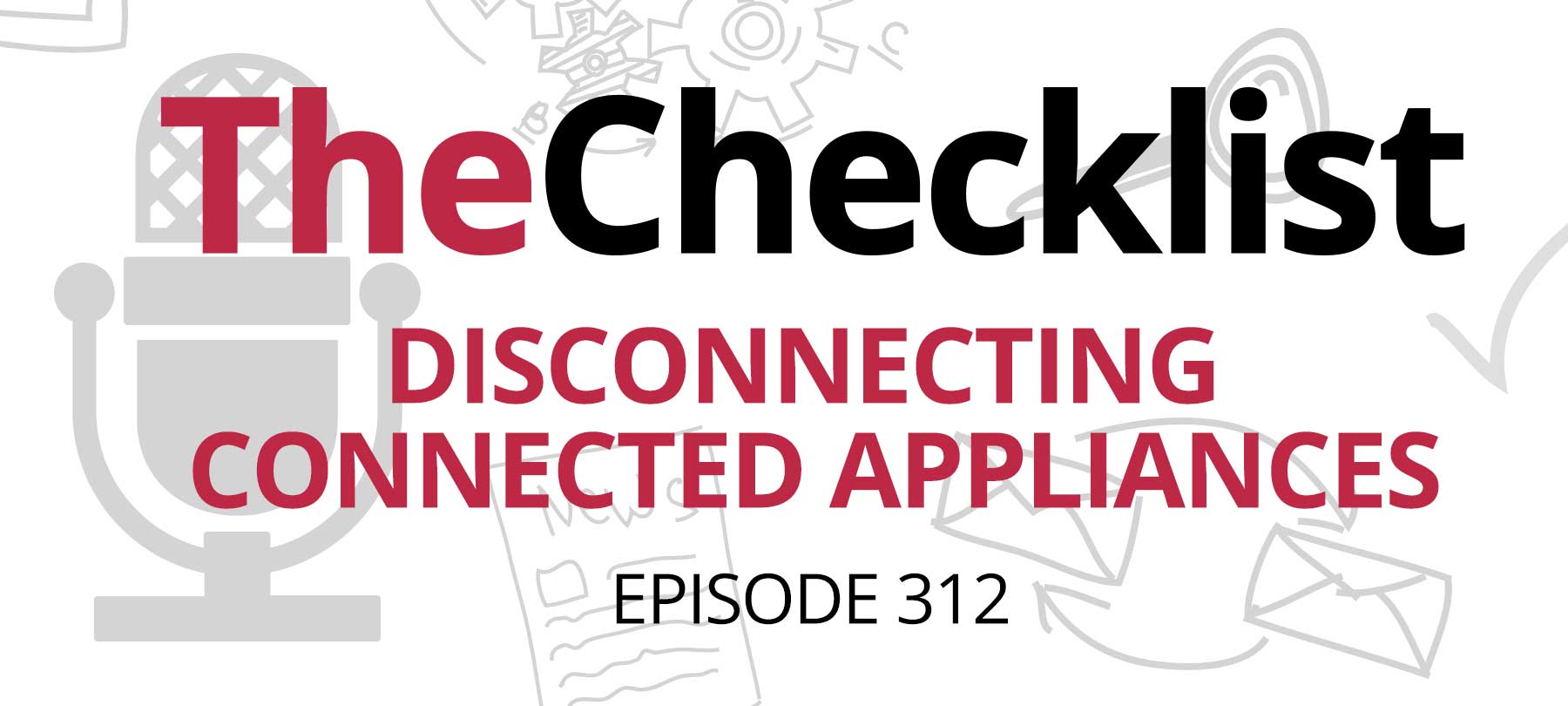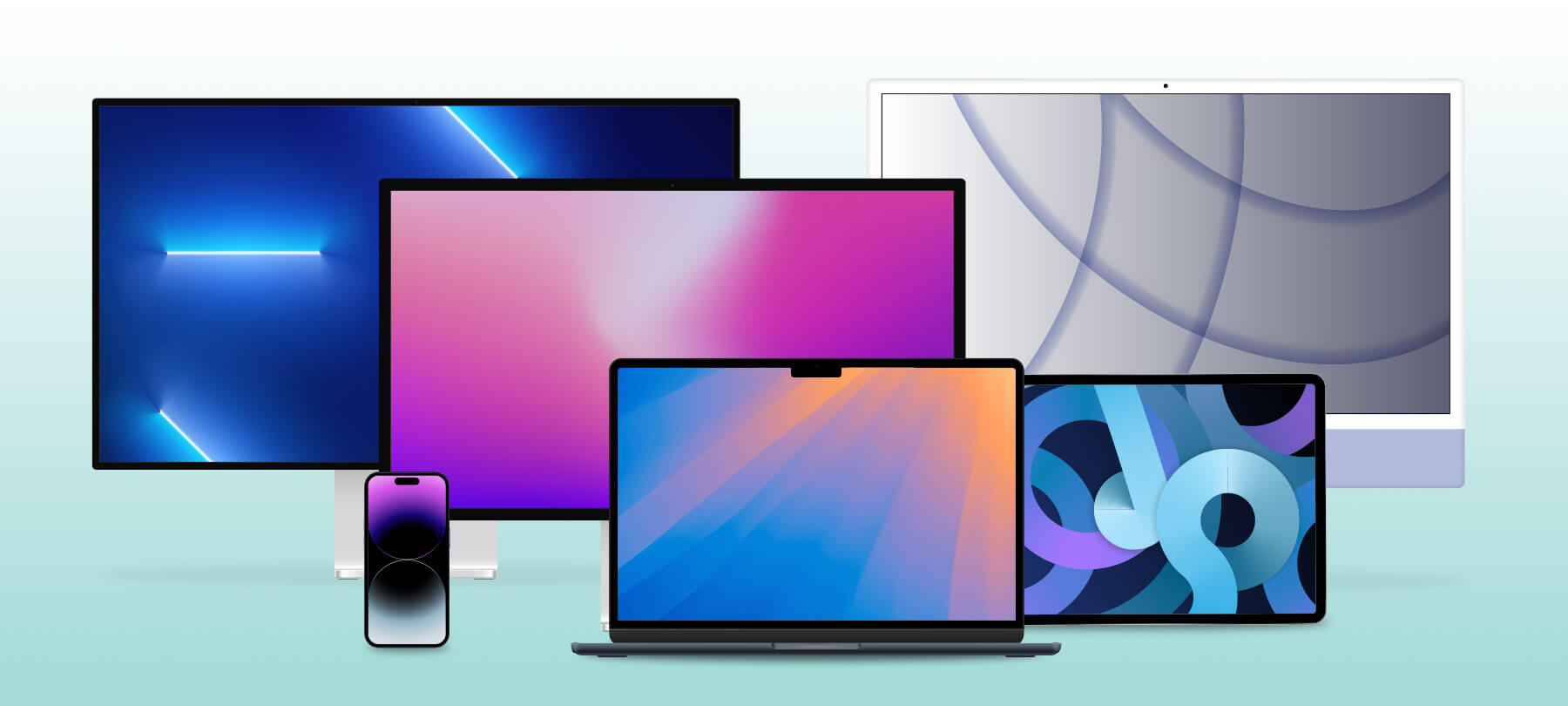
Protecting Your Privacy in an Increasingly Connected World
These days, everything and everyone is connected. At work, we communicate as much via email as we do face-to-face. At home, our primary means of interacting with friends and acquaintances is through social media. Add the ever-expanding “Internet of Things,” which connects everyday objects and appliances like refrigerators and even cars to the internet. Sure, all of this connectivity can be convenient at times, but how does someone maintain their privacy in a world where privacy is, largely, a thing of the past?
Luckily, there are steps you can take to protect your privacy in the areas that matter most, particularly concerning your sensitive personal information. Here’s how to safeguard yourself and your family to retain the little privacy you might have left.
Be Conservative with the Cloud
With so much of ourselves easily accessible online these days, most people don’t think twice about uploading the complete contents of their hard drive to the cloud. Uploading all of your music, written documents, photos, and other data to the cloud is fine if you are using a safe, encrypted service. Encryption and security features vary from one cloud storage service to the next, so make sure to do your homework before choosing one.
Use a Password Manager
Instead of using the same password on every website and account, set up complex, hard-to-guess passwords and then keep track of them using a password manager. The password manager itself will be locked with a secure password of its own, which you will have to remember. However, you can integrate the password manager with your web browser so that it automatically logs you into your favorite sites. Essentially, password managers make it easy to be smart about your passwords, while being smart about password usage is a must for preserving privacy.
Don’t Use Public Wi-Fi
Sometimes, you will need to hop on the internet at a Starbucks, or send a few emails via an airport terminal network. Usually, though, avoiding public Wi-Fi networks is a smart way to protect your privacy. These networks are typically unsecured and unencrypted, making it easy for hackers on the network to intercept your communications compromising your passwords or other information.
Use Passwords on Your Devices
Threats to your privacy aren’t only coming on the cyber front. On the contrary, plenty of personal information can fall into the wrong hands if you lose or misplace your phone, tablet, or laptop. Protect each with passwords, patterns, or passcodes, and make sure to take advantage of those fingerprint scanners that more recent smartphones are incorporating.
These are just a few of the many ways that you can take a stand to preserve your privacy in this heavily connected, digitalized world. There are, of course, countless other steps that you can take to shore up your private security further. However, the items on this list highlight some of the most gaping security holes that we expose ourselves to on a day-to-day basis, and can act as a starting block of sorts to get you thinking more critically about your privacy protection.



